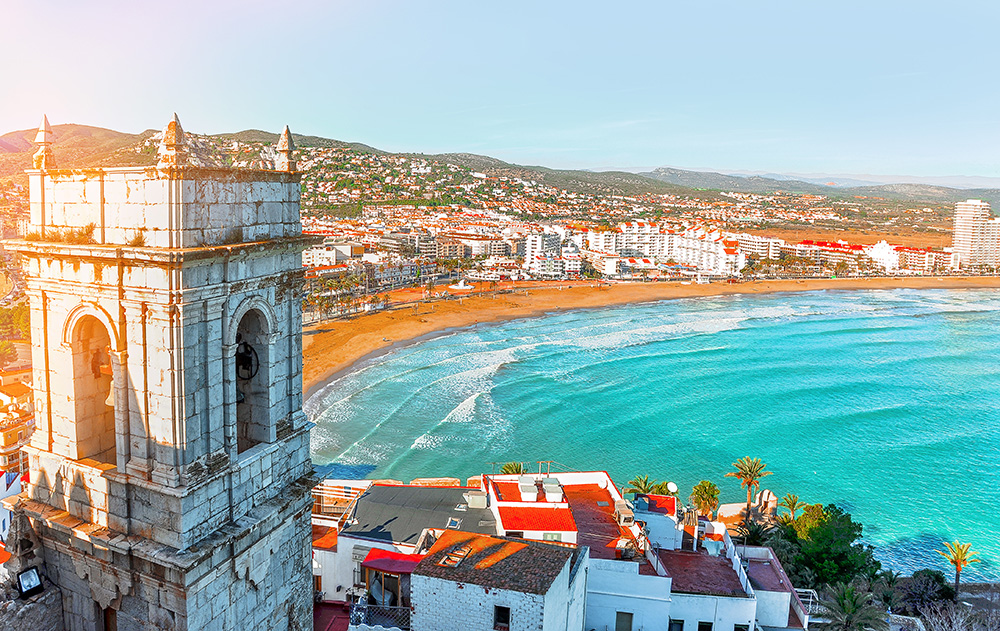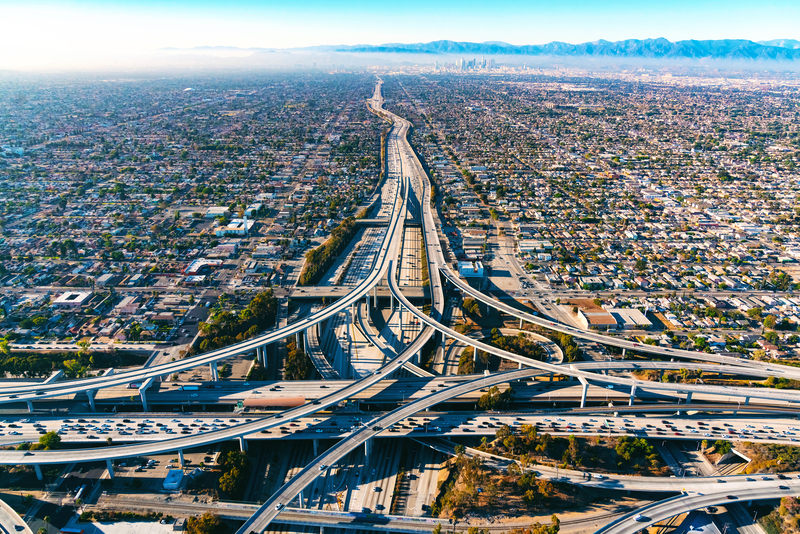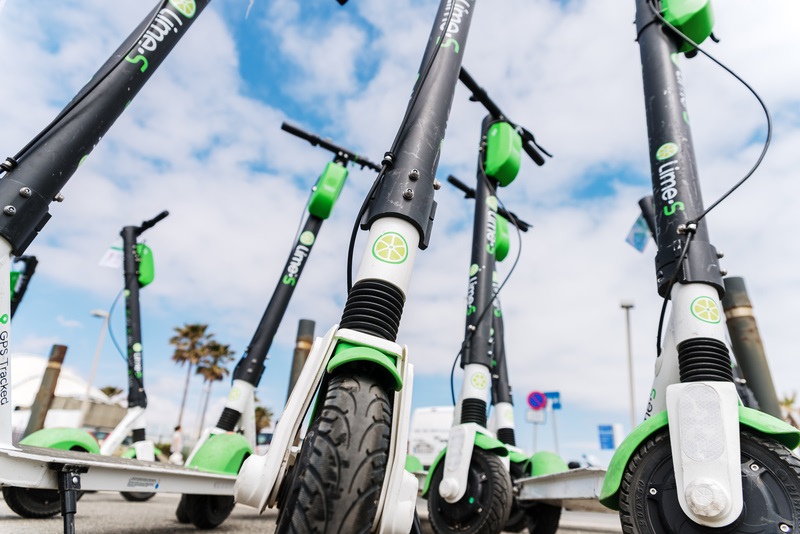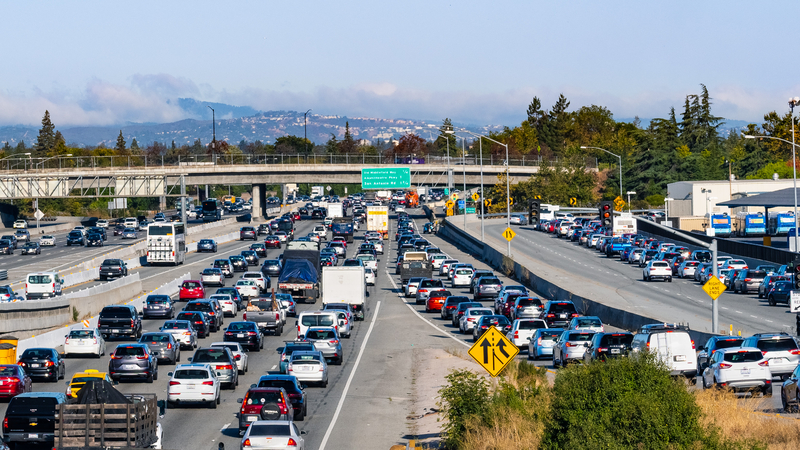
Questions of equity and fairness abound in the transportation industry at present – important issues around who has fair access to transport services, whether that’s well-maintained roads or convenient transit options, to people of any background. Tolling is no different.
“At the moment, we tend in America to be extremely one way - or extremely another,” says Scott Jacobs, Road Usage Charging and Mileage Based Usage Fee Product Manager at Emovis. “I'm more of a ‘happy medium’ person. And I see equity as a way to get there.”
In a presentation at IBTTA’s Annual Meeting in Dublin, Ireland, he highlighted that transportation is the fourth-highest cost for a household. Yet it disproportionately affects the elderly, low-income, disabled, and rural populations - which is four huge constituencies in any country.
Some sort of balance needs to be found: roads need to be funded and fixed, but wouldn’t it make sense for much of the burden to fall on the people who used those things more and, perhaps, those who can afford it more? At the same time, perhaps our era’s biggest question is around climate change: governments all round the world are looking to cut emissions.
Gas tax money, for decades a reliable source of revenue for governments all round the world, is already dwindling; cities are instituting bans on internal combustion engine (ICE) vehicles, and so are countries. To take one example, no petrol or diesel cars will be sold in the UK by 2030; plug-in electric hybrids will be allowed until the end of 2035.
EV subsidies
The US is driving towards electric vehicles too, with significant subsidies available to EV owners - although EVs are still expensive, out of the price range of many drivers. So pollution from transportation must be reduced – yet funding for infrastructure is needed, without gas taxes. Added to that, poorer people are paying more – as a proportion of their income – for the mobility which everyone needs to create economic opportunity and to maintain social contacts. So how can this circle be squared?
Distance-based user fees are likely to: the more you drive, the more you pay; the less you drive, the less you pay; and there could be a sliding scale of costs depending on individual economic circumstances. Does this sound unlikely? No, according to Jacobs.
“For decades, people who have already had the advantages are getting the best prices,” he points out. “Think about your credit score: if you have a great score, you get the best rates. But the people who need to pay the lowest mortgages? Maybe they don't have the greatest credit score, they have to pay the highest rates. How is that fair? It doesn’t make any sense.”
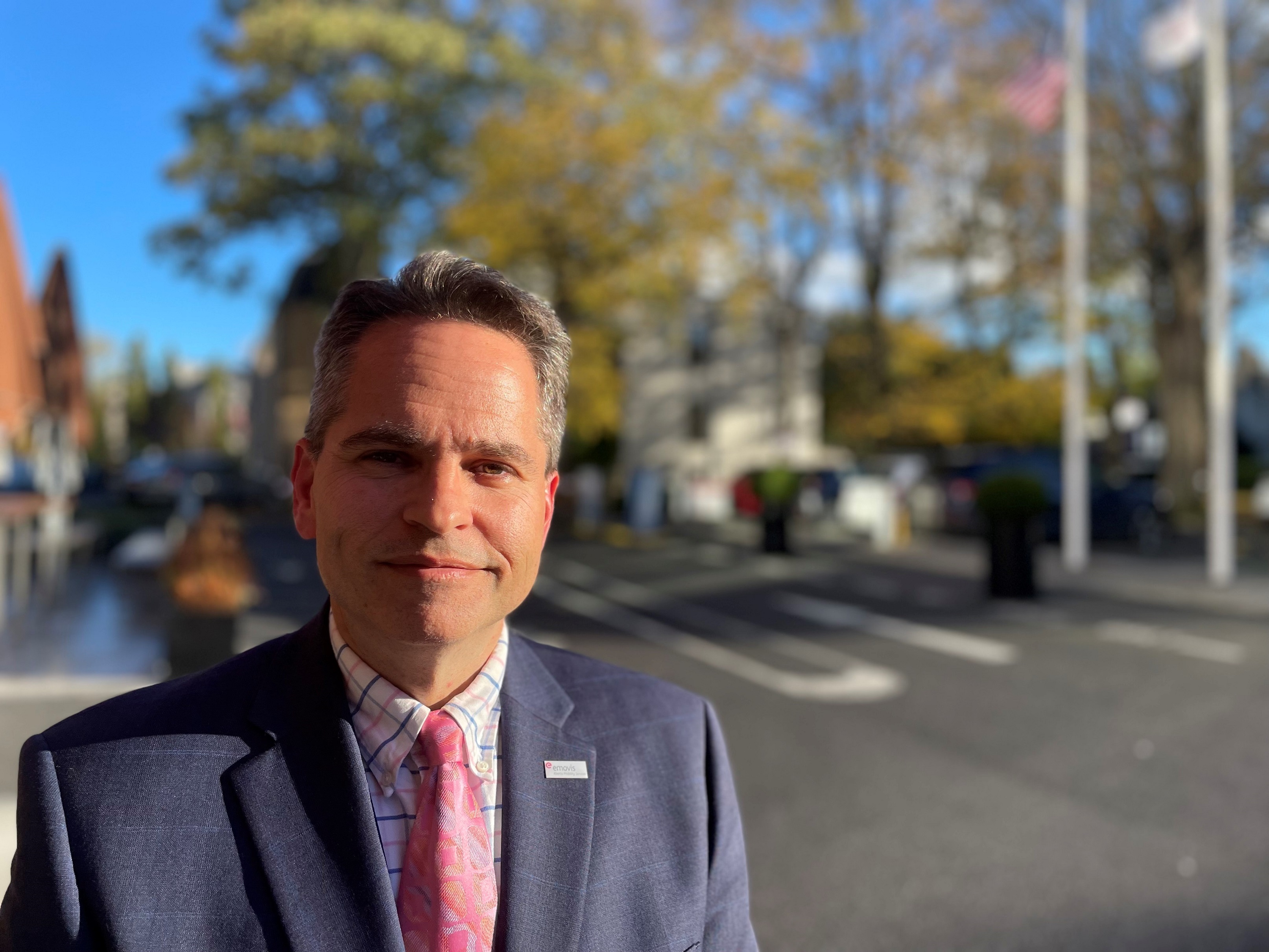
However, if we relate that point to road usage charging, variable pricing systems can be difficult for people to understand and therefore accept – especially when they’ve been used to a ‘one-size-fits-all’ approach to payment. Jacobs believes his experience before coming into the transport industry helps here.
“I've designed complex systems over 20 years, and worked in banking for 15 years doing algorithms for pricing and so forth,” he explains. “The key to making a really, really good system is actually making it very, very complex in the back end to cover all your scenarios, criteria and parameters.”
Climate crisis
That means when the user is accessing it, it's simple for them. “They say: ’I'm thinking about this distance-based user fee’ and the number will come up with a very simple summary of how this was obtained: based upon your income being here and CO2 emissions being here, you will pay this - and then comparing it to what they already pay, with their petrol taxes. So they can see if it's a saving, or an increase, and so forth. Will people who make a lot more money worry about the increase? My argument is they want to be good stewards of society, they will pay. Someone on minimum wage would pay a little less.”
Speaking of stewardship, another key component of equity is sustainability – not least with a climate crisis looming. “I’ve got kids, I’ve got grandkids, and I don't want to leave them in a place that we're heading to,” says Jacobs. “And I think people who can pay a little bit more would pay that for the children. And that can make it more equitable as well. If you want to come talk to me, I can tell you how Emovis can help. But we're not the only game in town and we shouldn't be - there's not a monopoly. I'm hoping there's a lot more people, a lot more companies, that venture into distance-based user fees.”
Emovis is currently running a road usage charging scheme in Oregon which is free and voluntary to sign up to. “You pay a certain fixed amount per mile and then you get a credit back based on how many gallons of fuel you use,” Jacobs explains. “And once you get to a certain number of miles you end up paying more.”
Emovis supports similar programmes in Utah and Virginia and has been approached by authorities of other US states, he says. “In the US every state is different. They attribute a certain percentage of their gas tax to transportation. California has an incredibly high gas tax and they have a surplus of transportation money. So although they are super-green state, there's not as much financial pressure to pass it on like this. In Pennsylvania, 80% of transportation revenue comes from gas taxes.”
Equitable incentives
But just talking about money is not going to help, Jacobs thinks, because the danger is that people might interpret this as an additional tax rather than a gas tax replacement programme. The socio-economic and environmental benefits of a road usage charging scheme have to be in the mix too.
Simply making incentives such as putting flat fees on efficient or electric vehicles is not equitable, he says firmly, because drivers will pay a simple fee, regardless of how many miles they drive. In effect, he thinks, this amounts to low-income drivers subsidising high-income drivers to drive. “Low-income drivers are priced out of the most efficient vehicles, so they're having to buy the fuel and pay all the fuel taxes even though they may drive less,” Jacobs says. “A part of the population can afford those super-hybrids and EVs so they're incentivised to drive. But even though they drive more, they drive so much cheaper - you can drive four times as much and still end up saving.”
Road usage charging is not designed for a specific project. “It's for everybody, it’s to help every road, every local highway, whatever it may be. And you may look at them differently and price them differently,” says Jacobs.
Some of that price movement could be around privacy, for example. “There is a value to every agency out there in getting your location information for safety measures,” he says. Drivers prepared to allow access to that information may get a discount. The information is already being sold – which is how a particular brand of coffee shop, for instance, crops up on your phone when you drive by it every day.
Next generation
There’s something else: at present, road usage charging tends to rely on drivers plugging a device into their vehicle. “We want to try to get away from that,” says Jacobs. With embedded telematics, cars are like rolling computers, and OEMs could be mandated to provide basic information from this array of technology, such as mileage and location information, which would allow people to enter RUC schemes at little cost.
Perhaps the most sobering part of Jacobs’ IBTTA presentation came when he quoted World Health Organisation (WHO) statistics which show that 93% of low-income countries are affected by pollution compared to only 53% of the high-income ones. Vehicle emissions are a significant contributor to this, so anything which either reduces people’s need to drive, or which makes driving greener, makes sense.
To improve the situation worldwide, political will and significant investments are needed, he says. But it’s possible, and needs to happen. “My family is everything and it's my job in life to pass down a better life to my children,” Jacobs concludes. “That's my purpose. I don't consider myself a good steward of society or my family if I'm not trying to pass on better for the next generation.”



